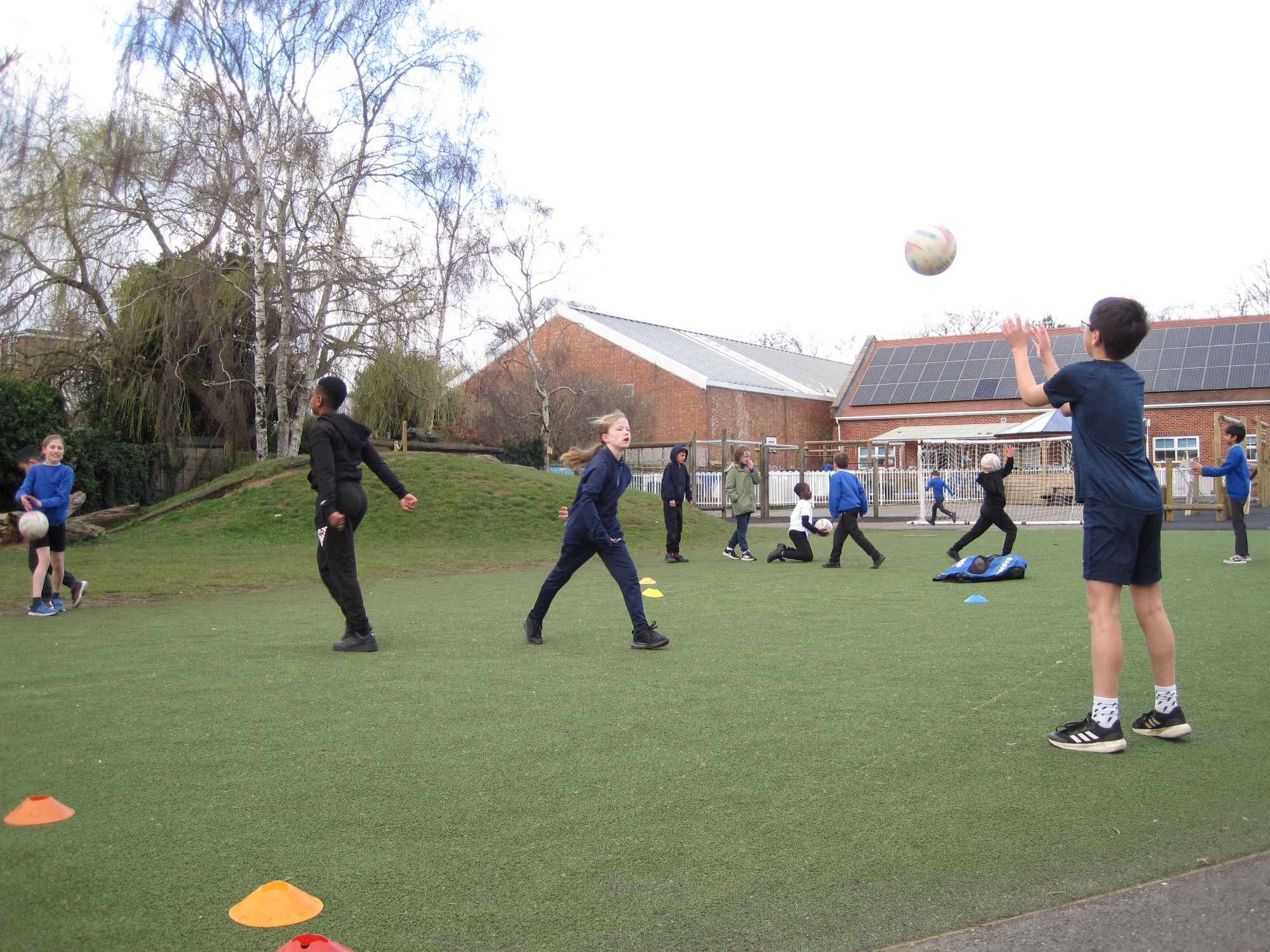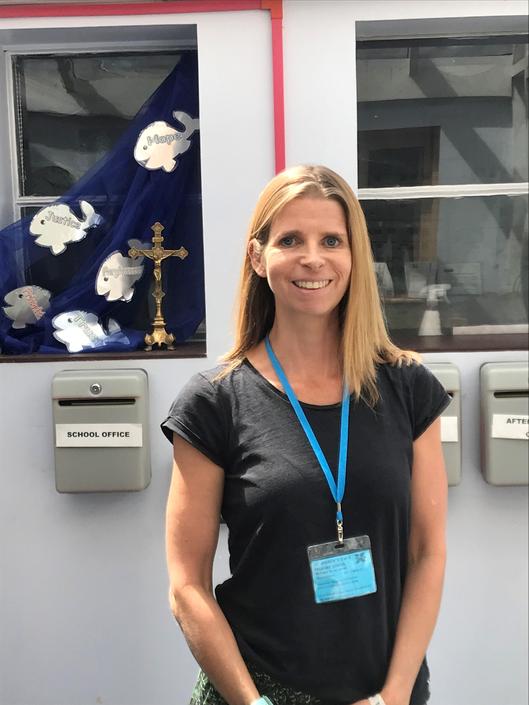Physical Education

Meet the PE Lead
 I’m Mrs Cooper, and I have lead PE at St Andrew's for the past three years. I’m passionate about endurance sports (particularly long-distance running), but I enjoy all sports and love sharing that enthusiasm with the children. I believe that physical activity is essential for building confidence, resilience, and teamwork skills, as well as promoting lifelong healthy habits. My goal is to help every child find a sport or activity they love, so they can experience the joy and fulfilment that being active can bring.
I’m Mrs Cooper, and I have lead PE at St Andrew's for the past three years. I’m passionate about endurance sports (particularly long-distance running), but I enjoy all sports and love sharing that enthusiasm with the children. I believe that physical activity is essential for building confidence, resilience, and teamwork skills, as well as promoting lifelong healthy habits. My goal is to help every child find a sport or activity they love, so they can experience the joy and fulfilment that being active can bring.
Our Vision for PE
Our physical education curriculum is driven by the principles that everyone is different, everyone is special, and everyone is our neighbour. We celebrate the diversity of sports and physical activities, recognising their power to unite and inspire. By encouraging each child to develop their unique skills and achieve personal goals, we nurture confidence, resilience, and well-being. Through teamwork and fair play, pupils learn the values of respect, care, and responsibility, fostering strong, inclusive communities.
PE Teaching and Learning
Our PE curriculum is designed to inspire all pupils to enjoy, succeed, and develop confidence in physical activity. We use the Real PE scheme to ensure comprehensive coverage of key skills and progression throughout the school. This is complemented by lessons focused on a variety of sports, giving children opportunities to experience and develop skills in different disciplines. We are fortunate to often have offers from teaching specialists, which we take advantage of whenever possible to enrich our provision. Swimming lessons are an essential part of our curriculum, with all pupils learning to swim in Year 4. For those who do not meet the minimum expectations by the end of Year 4, catch-up lessons are provided during the summer term to ensure every child develops this vital life skill.
Assessment in PE
Assessment in PE takes place in every lesson and goes beyond just the development of physical skills. It encompasses a holistic approach, recognising the wider benefits of physical education. Children are assessed not only on their technical abilities but also on key personal, social, and cognitive elements that contribute to their overall development.
Assessment considers:
- Personal development, including goal-setting and resilience in the face of challenges.
- Social skills, such as teamwork, communication, and leadership.
- Creativity, demonstrated through problem-solving, adapting tactics, and applying skills in new ways.
- Cognitive understanding, including decision-making, strategy, and reflecting on performance.
- Health and fitness knowledge, ensuring children understand how physical activity contributes to overall well-being.
This ongoing assessment informs teaching and helps to ensure that all children make progress, not just in their practical skills but in their confidence, understanding, and enjoyment of PE.
